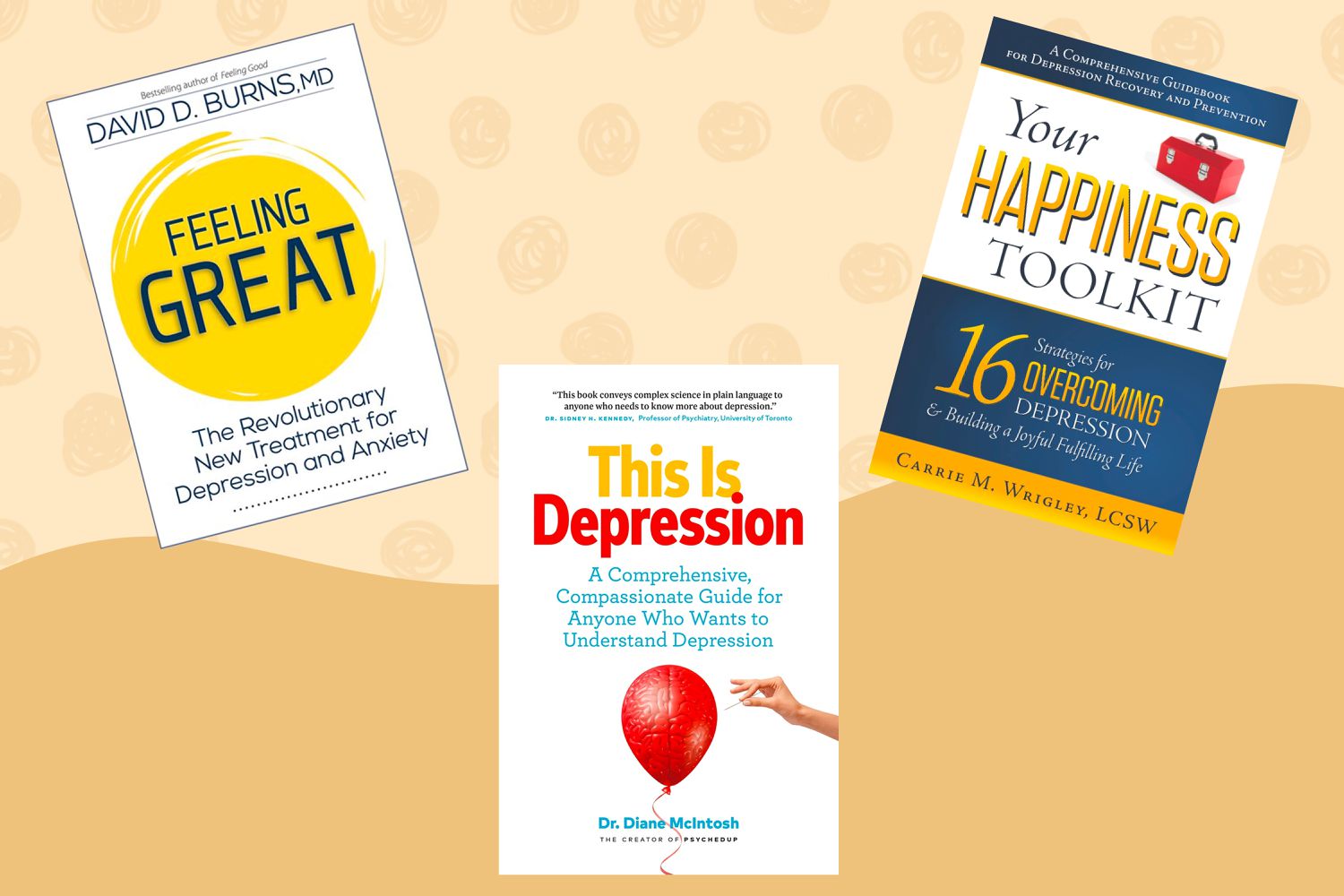Holistic approaches to managing depression involve a combination of therapies, lifestyle changes, and support systems to treat the condition effectively. In recent years, holistic methods have gained recognition due to their focus on treating the person as a whole, addressing physical, emotional, and mental well-being.
These approaches often include therapy sessions, exercise, nutrition, stress management techniques, and social support. By adopting a holistic approach, individuals can explore and address the underlying causes of their depression, rather than solely relying on medication. This comprehensive approach aims to improve overall quality of life, enhance self-awareness, and empower individuals to take an active role in their mental health journey.

Credit: www.alliancebernstein.com.sg
Understanding Depression
Depression is a complex mental health condition that affects both the mind and body. It manifests with various causes and symptoms, impacting one’s overall well-being. Feelings of sadness, loss of interest and pleasure, sleep disturbances, changes in appetite, and low energy levels are common signs of depression.
It can also lead to difficulty concentrating, making decisions, and experiencing persistent pessimism. Depression can significantly impact mental health, causing emotional pain, isolation, and a decreased ability to enjoy life. Additionally, it can affect physical health, contributing to weakened immune systems, chronic pain, and sleep disorders.
Hence, holistic approaches to managing depression encompass various methods, including therapy, medication, lifestyle changes, and self-care techniques, aimed at addressing the root causes and symptoms to ultimately restore balance and well-being.
Holistic Strategies For Managing Depression
Holistic strategies for managing depression include incorporating exercise into your daily routine. Engaging in regular physical activity brings numerous benefits to mental well-being. To manage depression, recommended exercise options such as walking, yoga, or swimming can be considered. Nurturing healthy eating habits and lifestyle is another important aspect.
A balanced diet plays a vital role in supporting mental health. Certain foods and nutrients, such as omega-3 fatty acids, vitamin b, and magnesium, have been linked to mood regulation. Exploring the power of natural supplements and herbs can also be helpful.
Evidence-based supplements like st. john’s wort or s-adenosylmethionine (same) have shown promising results in relieving depression symptoms. However, caution and professional consultation should always be exercised when using supplements. Taking a holistic approach to managing depression can contribute to overall well-being and improve mental health.
Practicing Self-Care Techniques
Practicing self-care techniques is essential for managing depression holistically. Mindfulness and meditation offer numerous benefits. Incorporating mindfulness into daily life can help one stay present and reduce anxiety. Meditation practices can alleviate depressive symptoms by promoting relaxation and mental clarity.
Utilizing stress management techniques is crucial in managing depression. Identifying specific stressors and effectively addressing them is vital to minimize their impact. Stress reduction techniques like deep breathing and progressive muscle relaxation can promote mental well-being. Holistic therapies such as acupuncture, massage, and aromatherapy have healing properties.
Incorporating these therapies into a comprehensive treatment plan can further enhance the management of depression. Taking care of oneself through holistic approaches is key in finding balance and improving mental well-being.
Seeking Support And Creating A Holistic Network
Building a support system is crucial when managing depression. It involves reaching out to friends, family, and support groups for connections and understanding. Online resources can help find like-minded individuals facing similar challenges. Seeking professional help is essential for comprehensive care, as therapists and counselors play a vital role in providing guidance and support.
Exploring alternative therapies and complementary medicine can enhance overall well-being. Developing a personalized holistic care plan is key, combining various strategies for a tailored approach. It’s important to monitor progress and make necessary adjustments to the plan. Embracing holistic approaches to managing depression is a journey towards wellness and self-care.
Conclusion
To effectively manage depression, it is important to consider holistic approaches that address the physical, mental, and emotional aspects of this condition. By combining various strategies, individuals can achieve a comprehensive and balanced approach to their well-being. One key element of holistic management is prioritizing self-care.
This involves taking the time to engage in activities that bring joy and relaxation, such as exercise, meditation, and spending time with loved ones. Additionally, maintaining a healthy diet and ensuring sufficient sleep are crucial in supporting mental health. Another important aspect is seeking professional help.
Therapy, both individual and group, can provide valuable tools and coping mechanisms to deal with depression. Medication may also be prescribed by a healthcare professional to help alleviate symptoms. Moreover, alternative therapies like acupuncture, yoga, and aromatherapy can complement traditional treatments and promote overall well-being.
These holistic approaches acknowledge the interconnectedness of the mind, body, and spirit in managing depression. By embracing a holistic approach to depression management, individuals can empower themselves to take control of their mental health and ultimately improve their quality of life.
Remember, everyone’s journey is unique, so it’s important to tailor strategies to individual needs. Reach out for support and explore different approaches until you find the ones that work best for you.







